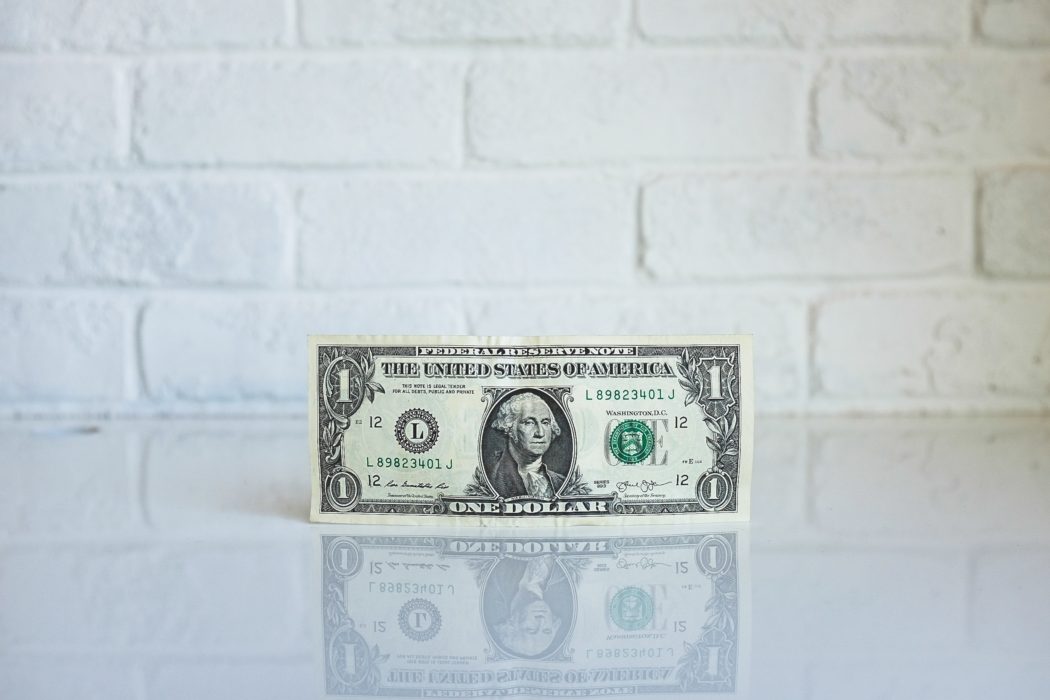
With House Republicans proposing a rollback on the sales tax on gasoline as part of their road funding plan, schools and local governments are probably wondering how lawmakers would make up the roughly $900 million in revenue lost as a result.
One potential source: Expand the state sales tax to services, which would yield $10.7 billion in revenue, according to a state report from 2016.
The House budget for transportation and roads proposes dialing back the sales tax on gas and replacing it with the gas tax, with the idea that all of the revenue collected at the pump would go to roads.
But regardless of where it’s collected, 73 percent of sales tax revenue goes to the School Aid Fund, with the remainder going to local government and other spending items from the General Fund.
A Citizens Research Council (CRC) report from earlier this year put the amount of sales tax collected at the pump at $894 million.
It’s also been estimated at between $800 and $850 million, with the School Aid Fund about a $600 million chunk of that.
According to the Treasury report based on Fiscal Year (FY) 2014 data, the estimated loss of sales tax revenue for the state because of the services exemption was $10.7 billion.
The biggest chunk of potential revenue comes from the health care and social assistance services sector, which could generate $3.3 billion. The next biggest sector was professional, scientific and technical services, at $2.02 billion in possible revenue.
But the Treasury report notes that “attempts by states to extend sales taxes to services have been unsuccessful generally,” including here in Michigan, when the Legislature approved a short-lived sales tax on services in 2007 as part of a deal to avoid a government shutdown.
Yet the Treasury report indicated the “expanded tax base was sharply criticized” and the expanded tax was repealed as it was scheduled to take effect a few months later, replaced by a business tax surcharge.
All exemptions in the state sales tax — including food and prescription drugs, as other examples — add up to a total of $15.3 billion in foregone revenue in FY 2014, according to the report.
Treasury noted that eliminating every exemption would allow the state to drop its sales tax to 2.2 percent while maintaining current revenue.
SBAM is working hard to keep sales tax on services off the table. More infrastructure spending is needed, but this is not an option for small businesses.